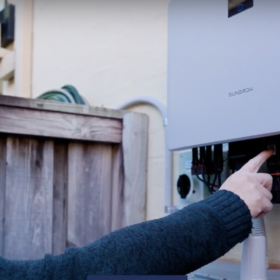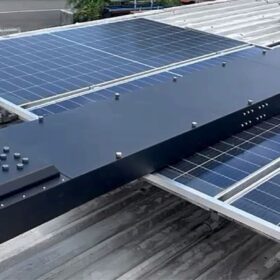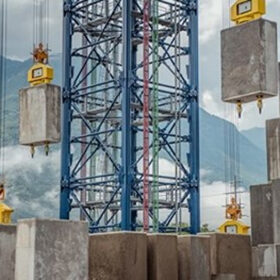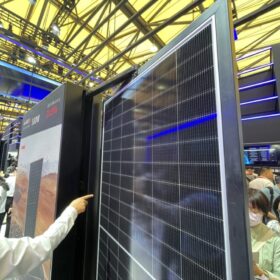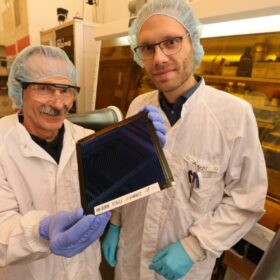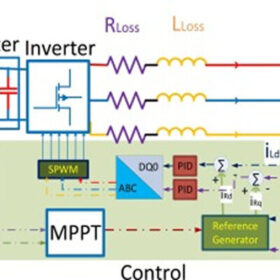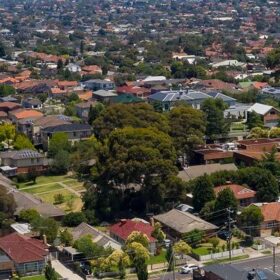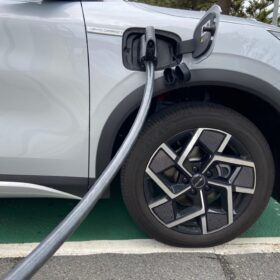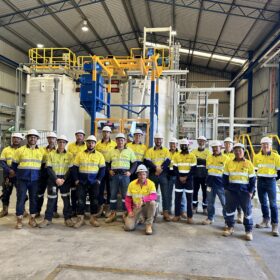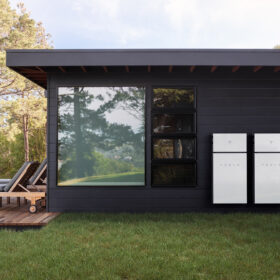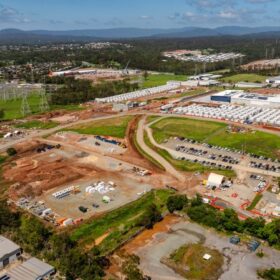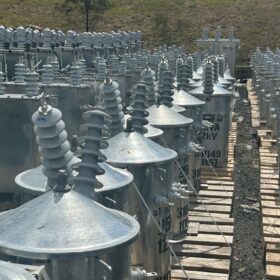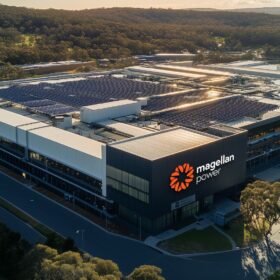Free home solar and battery rollout begins with Diamond partnership – here’s how NRN’s value model works
Australian startup NRN is rolling out its proposition to fit households with solar and batteries at no cost to consumers. Announcing its partnership with retailer Diamond Energy and the completion of a $13.5 million (USD 9.18 million) capital raise, the company believes it’s found the trick to successfully deploying free household renewables by focussing on retailer value. Pv magazine Australia spoke to NRN and experts about how exactly the model works and where the value comes from.
Singaporean startup unveils illumination tech that ‘rejuvenates’ solar panels
NTU Singapore researchers and startup EtaVolt have presented a high-intensity illumination device that can reportedly “patch up” the holes caused by light and heat in silicon solar cells. The new technique is claimed to reduce solar module degradation by up to five years and to be usable for about 90% of the solar modules available in the market.
Control tech for modular gravity storage
A group of researchers in China has developed an energy management system for modular gravity storage. Compared to single block gravity storage, the modular counterpart offers more flexibility in output power, ease of mass production of related equipment and better flexibility in the selection of weights.
Longi announces 27.09% efficiency for heterojunction back contact solar cell
Longi has announced the achievement of 27.09% efficiency for its heterojunction back contact solar cell, a result that has been confirmed by Germany’s Institute for Solar Energy Research.
Researchers claim record-breaking 14.46% efficiency for organic PV module
A team of scientists at Germany’s Friedrich-Alexander Universität Erlangen Nürnberg has set an efficiency record of 14.46% for an organic PV module. The performance was certified by Germany’s Fraunhofer Institue for Solar Energy’s PV calibration laboratory.
Master-slave technique for deploying parallel inverters in PV systems
Scientists in Czechia have proposed to use parallel inverters in PV systems to not only reduce instability, but also to increase power yield. The proposed approach reportedly results in higher maximum power point tracking (MPPT) performance.
Intellihub trial aims to free up more than 510 MW of flexible demand
Smart metering services provider Intellihub is seeking to develop digital infrastructure that will enable the orchestration of more than 150,000 otherwise scattered consumer energy generation and storage devices, helping to create more than 510 MW of flexible energy demand.
PEP invests $250 million in electric vehicle charging
Electric vehicle charging in Australia and New Zealand has been given a boost with fund manager Pacific Equity Partners acquiring a majority stake in Australian electric vehicle charging solutions provider EVSE to the tune of $250 million (USD 167 million). The partnership also involves PEP-backed smart metering specialist Intellihub.
Solar bike paths go online in Netherlands
Two new PV bike-path projects are now operating in the Netherlands under an initiative launched in 2018 by Rijkswaterstaat, the Dutch water management agency.
AVL progresses ‘pit to battery’ strategy with vanadium electrolyte manufacturing facility
Construction of Perth-based minerals company Australian Vanadium Limited’s first commercial vanadium battery electrolyte manufacturing plant has been successfully completed as part of the company’s broader value-adding vision.
